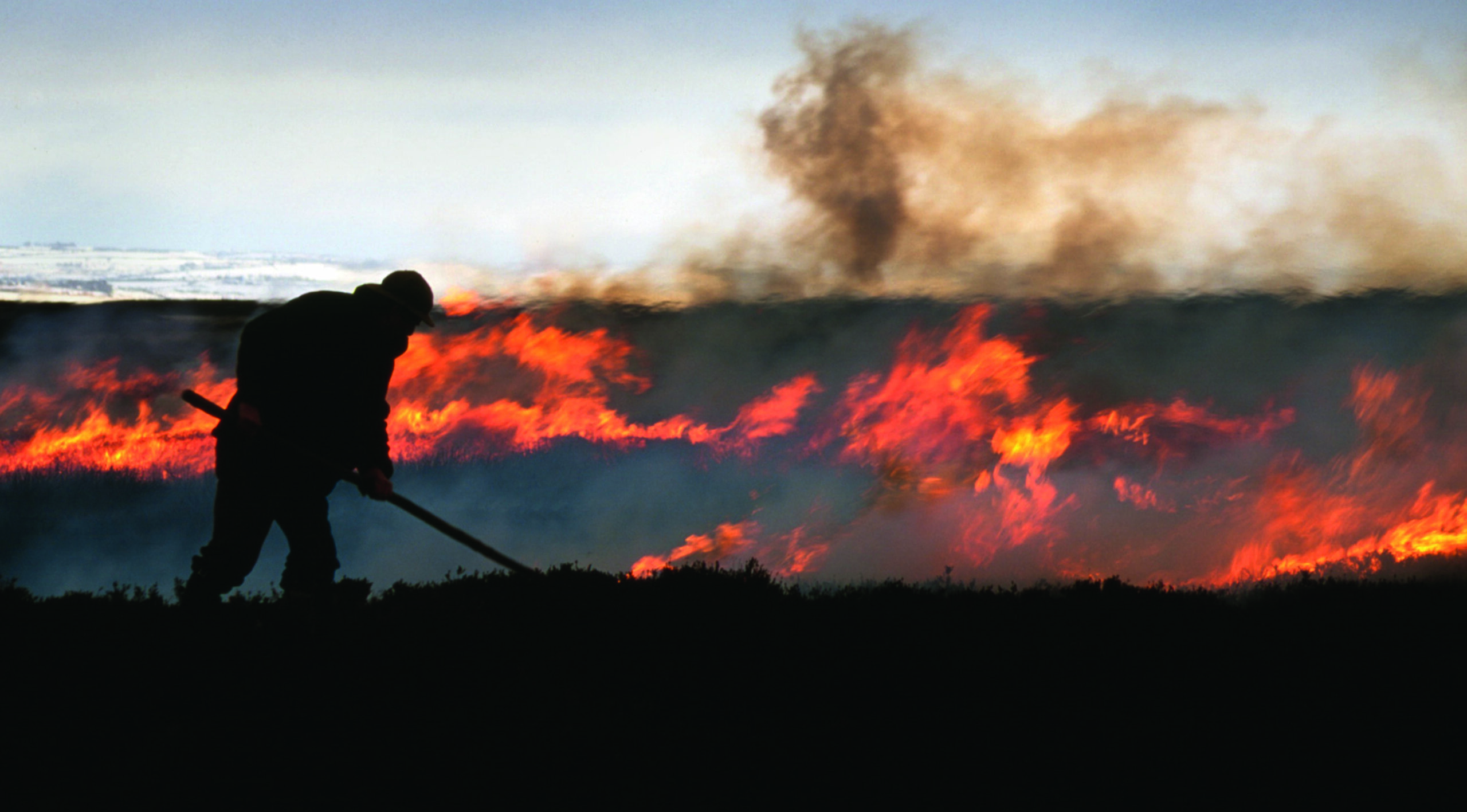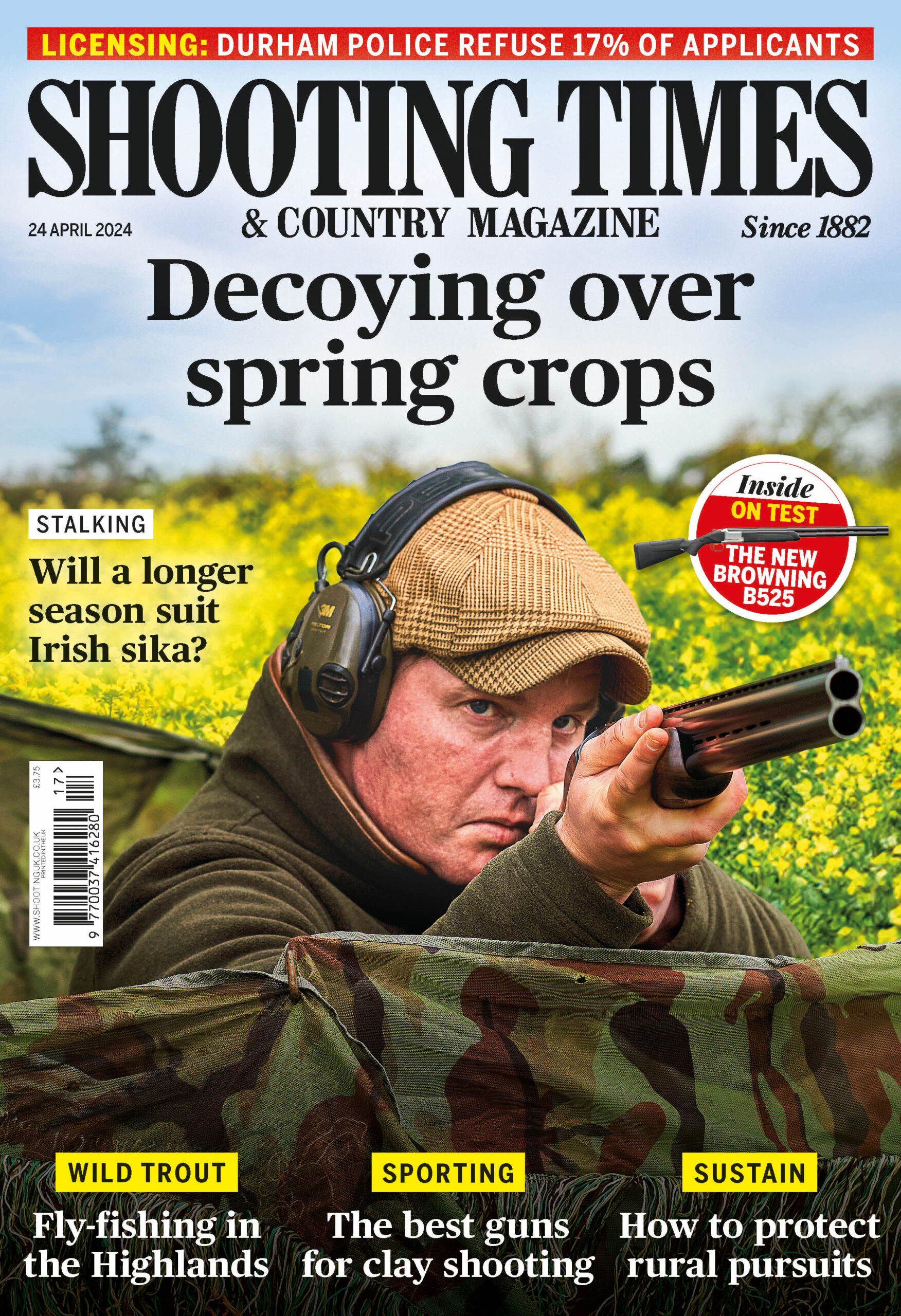Conservation – New study reveals flaws in predator research

The charity Songbird Survival commissioned the Centre for Agri- Environmental Research at the University of Reading to examine how recent studies into the impact of predators on songbirds dealt with predators. Its recently published findings have revealed that in many studies the quantity and quality of information on predators was poor. Clive Sherwood, chairman of Songbird Survival, said: This important review highlights our concern that limited methodologies may have generated a misleading perception of the impact of predators on songbird populations.
The widespread decline of UK bird species in the past few decades has corresponded with dramatic increases in various predator species prompting concern that higher rates of predation may be contributing to the loss of songbirds. However, several relevant studies have found no evidence to support this assumption.
The commissioned research concluded that such findings are likely to be the result of poor information on the exact numbers of specific species of predator in a particular study. Dr Malcolm Nicoll from the Centre for Agri-Environmental Research explained: We should be sceptical about studies that use limited predator data, particularly if they are claiming to have found no evidence of an impact of predation on prey population trends. The burden of proof should be on these studies to show that the data on changes in predator abundances were entirely appropriate for the predators concerned. This is particularly relevant for many of the studies that examined the impact of predation on songbird populations, but failed to detect an impact.
The rest of this article appears in 26th May issue of Shooting Times.
What is YOUR opinion?
Join other ST readers in our forums to discuss your views.
Like this article? Mark this page on a social bookmarking website…
![]()
What are social bookmarking sites?








